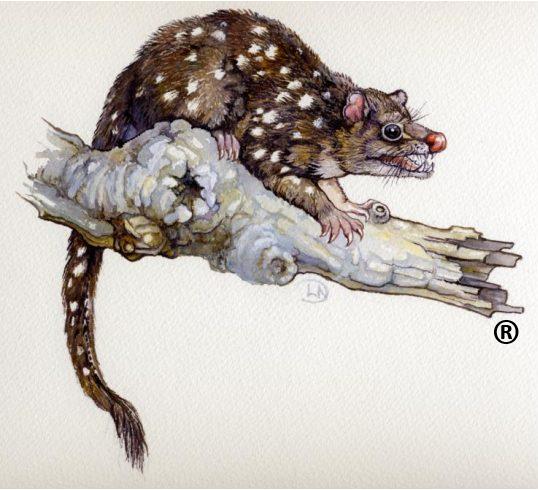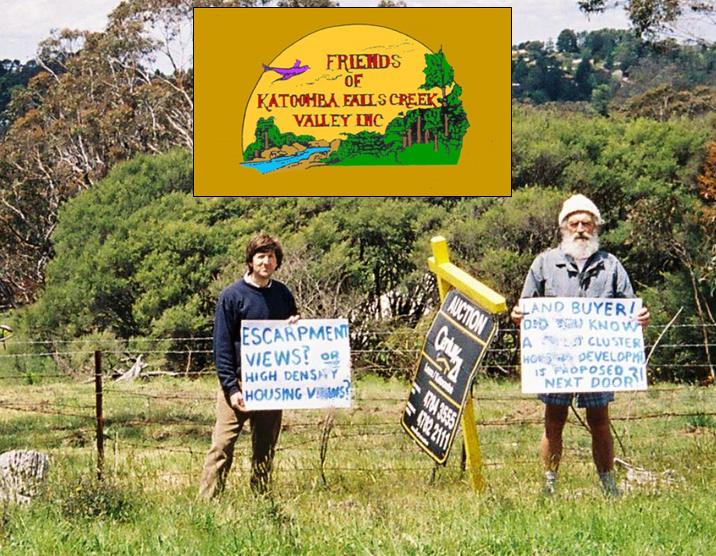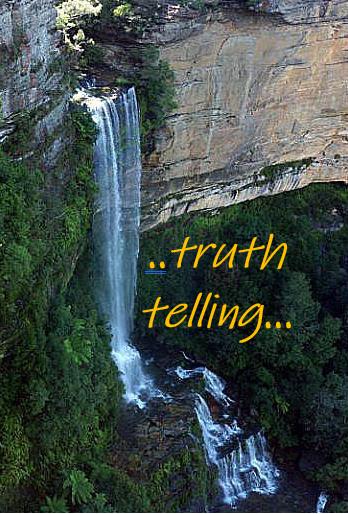∞ Ecocentric Ethics
Human value systems have traditionally been human egocentric -preoccupied with the human concerns of the individual and by extension, of human society and human culture. But like the two year old, humans are not the centre of attention and the world does not revolve around human rational self-interest.
”In the (now) realised crisis of rampant climate change, habitat loss and species decimation, it is not surprising that ecological ethics is rising up personal and national agendas. Neither religious nor secular ethics has bothered with non-human nature. This, for increasingly obvious reasons, is no longer sustainable.” 1
The industrial anthropocentric ‘resourcist‘ worldview of nature is one of self-interested exploitation. It has only perpetuated the human pathogen and driven other species closer to extinction. Just as humans have no right to rape another humans or to murder, to commit genocide or enslave or abuse; humans have no right to rape the Earth.
Extreme egocentrism idealises the ‘survival of the fittest’ exploitation through power domination, which is unethical and can only be short term. Egocentrism continues to cause extremes of boom-bust capitalism, colonialism, left or right wing dictatorships and wars – because it is premised on imbalance. Eventually the pendulum swings the other way.
Ecocentrism and ecocentric ethics instead offers a broad, holistic outward-looking viewpoint. It respects all life. It respects the existence rights of all life forms on Earth. It puts humans in a co-existing role with nature, not a dominating role. It removes the pendulous trauma.
It places ecology and the ‘ecosphere’ at the centre of ethical perspective. The interests of humans are part of ecological life on Earth. Clearly, this is smarter and more sustainable for humanity and for life of Earth. Its teaching fosters wisdom – the knowledge gained from experience and education to achieve optimal results.
“Ecocentrism is post-humanism, for it transfers the reality-spotlight from humanity to the ecosphere, from the part to the whole. This outside-the-human focus brings with it new standards for thought, conduct and action on such seemingly intractable problems as world population, urbanization, globalization, maintenance of cultural diversity, and ethical duties to the Ecosphere with its varied natural ecosystems and their wild species.” 2
The ecocentric ethic provides a new basis from which to examine the questions of how we should value the natural Earth and its systems and of how people should live. Ecocentric ethics can also provide moral guidance to corporate and government policy makers and to individuals around the world for undoing the enormous past crimes against Nature, and for building economic systems and communities that are in harmony with the time-tested laws of the Ecosphere.”
It provides a robust philosophical base and framework for problem solving, for policy formulation and for generating reform initiatives on matters involving habitat conservation.
—————————————————————-
References:
1. ^Hue and cry: the differing shades of ecological ethics, by Patrick Curry, The Guardian, Wednesday 7 June 2006. 2. ^Ecospherics website by Ian Whyte, 2009, Ecocentric Ethics is the weltanschauung [world view] of The Habitat Advocate.








